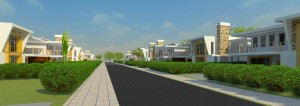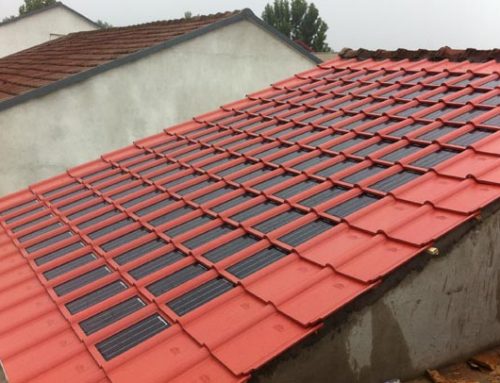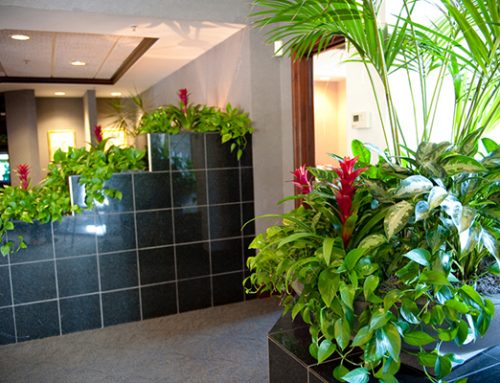If you are building homes, you may be interested in the development of sustainable residential developments in East Africa. When you develop your homes in whichever part of the country that you choose to, here are a couple of thoughts towards making your development that much more sustainable. Its worthwhile to think about this, as moving to a place of your own may mean that you are moving away from the regular grid of infrastructure you would expect in mainstream urban areas, and may require you to make some adjustments to your lifestyle.
Sustainable waste management principles in residential developments in East Africa
 With some investment, you definitely can create a much more sustainable lifestyle for yourself. Very high amongst these systems to consider is the issue of waste management. With some ingenuity, you can actually make your waste to work for you. It begins with the ability to separate non biodegradable waste from what is biodegradable and taking these to separate areas – one to a neat collection area to be taken for incineration or landfills, while the other to your compost heap. Composting biodegradable substances make up for good ground fertilizer, which ought to end up in your vegetable garden for home produce.
With some investment, you definitely can create a much more sustainable lifestyle for yourself. Very high amongst these systems to consider is the issue of waste management. With some ingenuity, you can actually make your waste to work for you. It begins with the ability to separate non biodegradable waste from what is biodegradable and taking these to separate areas – one to a neat collection area to be taken for incineration or landfills, while the other to your compost heap. Composting biodegradable substances make up for good ground fertilizer, which ought to end up in your vegetable garden for home produce.
Another major system with which you can make great progress in residential development is through the use of biogas systems. During the construction of your home, you may connect solid waste matter piping to biogas digesters which break down waste matter with the production of methane gas. This in turn can be piped to your heating elements where gas is used as fuel to cook or warm water. It works better with animal waste like cow dung, but the principle is the same.
 A major issue in the creation of prime real estate is the creation of a serene and homely ambience. Even in commercial facilities, having a serene environment is a major selling point for the real estate development and developments which have a beautiful place often have a much higher asking price than others which may be pretty, but not enjoy a sense of a natural ambience.
A major issue in the creation of prime real estate is the creation of a serene and homely ambience. Even in commercial facilities, having a serene environment is a major selling point for the real estate development and developments which have a beautiful place often have a much higher asking price than others which may be pretty, but not enjoy a sense of a natural ambience.
Recycling your waste water can be used to create sustainable residential developments in East Africa
The serene lovely ambience that defines this kind of environment is largely defined by lush green landscaping of different types. A good external composition composed of thick green lawns, rich indigenous shrubs and ferns, all covered with an upper canopy of lush indigenous trees. This kind of landscaping can only be made to work using a good supply of water, fertilizer and these areas.
This is possible through the development of recycling water and waste management systems on a property. By collecting water from water disposal systems in the home after toilets are flushed, effluent can be drained into a mini waste processing plant that will assist to turn your environment into a green paradise. This grey water can be run through gravel pits which have been primed with certain bacteria. The gravel pits with their assorted levels of aggregates serve as good filters of effluent, allowing waste water to flow through the gravel pit into another collecting pond and be separated from harmful solid matter. The solid matter is acted upon by these species of bacteria that breaks down waste into useful fertilizer.
Once water has filtered through the gravel pits, it can be collected at adjacent collection ponds and this can then be used to prime plant grow beds and trees on the property. This is a great way of making use of recycled water near your home. Of course this can be taken a step further through the use of industrial solutions for water recycling such as through the use of biodigesters and bacteria primed septic tanks that act on water within them and drains it when it is already clean.
You cannot have a sustainable residential developments in East Africa without energy efficiency
The use of energy efficient power sources is a big way with which to enhance the sustainability of your home. Green design would have to do with the use of clean power sources that have a low carbon footprint. It also has to do with reasonable and rational ways of utilizing the power such that you can ensure that appliances used in the home are not wasteful, and that they will use power sparingly in the course of their lifespan.
Low energy fittings such as energy saving lightbulbs, appliances with smart power usage are the way to go. However more than this is the need to ensure that the traditional guzzlers of electric power- heating elements – are powered using renewable energy resources. With this thought, the use of modern solar panels offers an option for achieving this kind of green energy in the private sector. The efficiency level of some of the panels in the market have reached the point where you can supply an entire building with power, and have sufficient surplus to supply neighboring building with electric power.
Smart building elements can enhance sustainable development in houses
There are other simple building elements that offer both utility and sustainability when they are used in a home.. One such element is the roof garden. The roof garden allows you to provide good insulation to a building’s roof membrane through the various layers that go into its formation. At the same time, the provision of a useable vegetated roof structure at the top of your building will give you a private outdoor space that can revamp the life of an urban dweller, seeing that we spend lots of time indoors. The obvious advantages of cooler interior spaces below makes it worthwhile. However, the challenge is to ensure that the roof is built to drain properly and is strong enough to withstand the dead and live loads of the garden.
Indeed there are a number of other things that contribute to the green architecture agenda in developing real estate that is environmentally sensitive and will not cost an arm and a leg to build. These are just but a few things that are within the reach of the ordinary designer and developer to harness the concept of creating sustainable residential developments in East Africa.






Leave A Comment